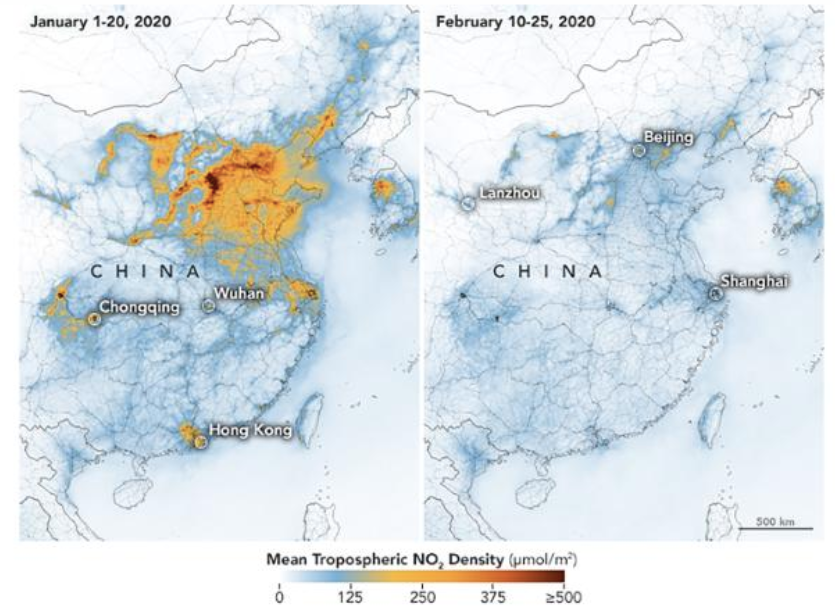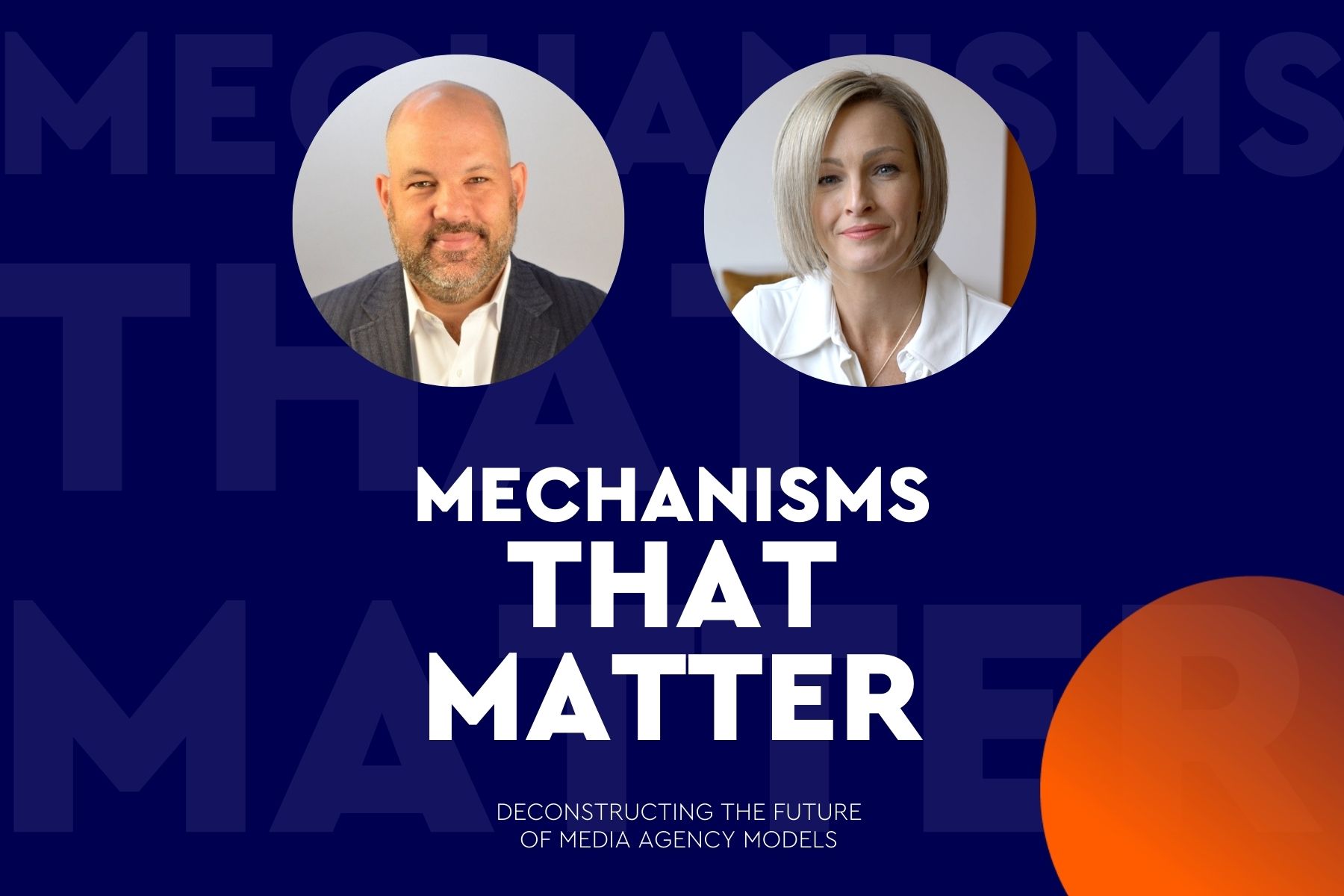
Will COVID-19 accelerate living more sustainably?
And what this means for brands
We’re three months into a new decade and even before the coronavirus pandemic, we were already amid an enormous period of change, and the third great transformation of society in our lifetime.
If the first transformation was globalisation – where we saw brands expand across the globe and the world’s biggest names were the likes of McDonald’s and Coke – and the second was digital, and saw the rise of Google, Apple, Facebook and Amazon (GAFA), then this current third-wave transformation is towards a more sustainable, diverse and human-centered society.
The unprecedented changes in behaviour we are now seeing as a result of the coronavirus pandemic may alter how and when this third transformation impacts on society as whole.
Which brands will adapt successfully?
“In a crisis the rules don’t apply – which makes you wonder why there are rules in the first place” – Astra Taylor, filmmaker and author.
Thanks to COVID-19, we know now that we can break the rules. Things we’ve been told were previously impossible have proven to be entirely doable.
While faced with the obvious challenges and physical barriers, we've found ways of working flexibly around childcare by necessity, changed our consumption habits for the greater good, reconnected with the local community in ways we might not have before, shown how business can serve both people and profit, and come together to create change at speed.
This third wave of transformation is here to stay, and it is likely to speed up. For decades now, scientists, environmentalists, governments, business leaders and our children have been asking us to change our behaviour, our society and our economy to help save humanity. The changes required have not been happening at the scale or the pace needed, however, because we told ourselves that they weren’t possible.
That argument doesn’t stand up anymore.
We’re currently in the middle of proving that when push comes to shove, we are highly capable of changing very quickly. Even if it means doing things differently or losing parts of our lifestyle we thought were ‘essential’.
There has been clean air over China’s cities over the past month for instance, as a result of an almost total shutdown of the big sources of pollution, which has saved twenty times as many Chinese lives as COVID-19 has taken (air pollution kills about 1.1 million people in China every year). People will remember this when the smog comes back and will want something done about it.

As with the climate crisis, COVID-19 has also shown that individual actions alone – like reusing that coffee cup or washing your hands more often – will not cut it. Systemic change, organised, facilitated and even enforced by government and business, hand-in-hand with society, is required.
For many there is hope that the mass shock to the system we are currently experiencing will force us to re-evaluate our behaviour and even accept restraints on our lifestyle in exchange for a healthier future.
However, there are counters to this:
- COVID-19 and the climate crisis pose very different psychological challenges. Humans are good at reacting to immediate threats like a pandemic, but we are not hardwired to react quickly to long-term challenges like the climate crisis.
- Countries may invest heavily in stimulating the economy post-COVID-19, which may increase manufacturing, consumption and pollution as a result.
What does this mean for brands?
While it is likely that much of society may eventually swing back to old behaviours, the demand from consumers for sustainable products and services will noticeably increase.
Plus, brands should expect that the narrative from scientists, environmentalists and the informed public will change to become more demanding, with a message of “look what we can do when we work together and we’re forced to change – there are no excuses anymore”.
Brands therefore need to plan on two fronts:
- How to increase clarity and awareness of their current and future sustainability efforts.
- How to adapt and provide products and services that meet an increased sustainability demand from citizens.
Tackling the above will be key for brands who want to thrive in our new future.
published on
14 April 2020
Category
More in Communications

Rebranding cancer: how brands heal and hurt
Along with consumer brands, the ‘brand’ of condition or event influences us.

Mechanisms that Matter – Inside WPP | Ford’s revolutionary marketing model
How a process created on the factory floor over 70 years ago has transformed ops for the auto giant

How to build your brand in-game
A new research report from WPP and SuperAwesome

